International Women’s Day: Celebrating Women in Tech
 Jenna Trott
Jenna Trott
5 min read | MARCH 08, 2023
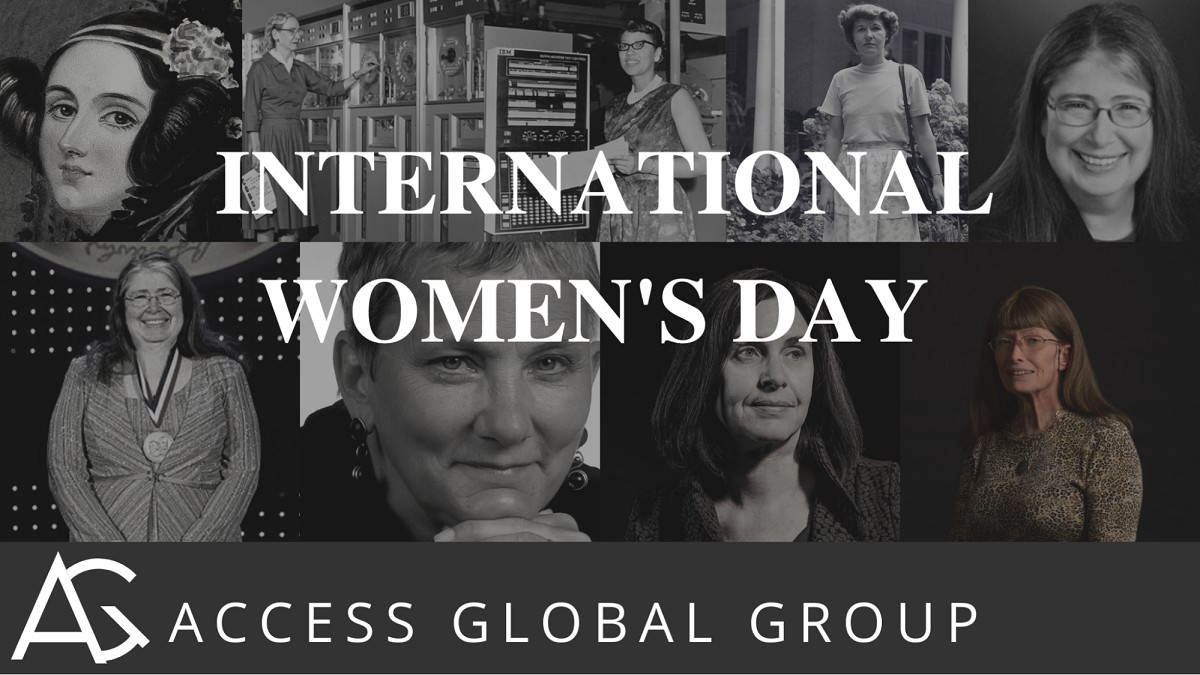
Ada Lovelace
1815-1852
Ada Lovelace was a British mathematician and writer who is widely recognized as the world’s first computer programmer. Born on December 10, 1815, in London, England. Ada’s interest in mathematics and science led her to become acquainted with Charles Babbage, a renowned inventor, and mathematician, who designed the Analytical Engine, a theoretical mechanical general-purpose computer. Lovelace translated an article about the Analytical Engine written by Italian mathematician Luigi Menabrea from French to English and supplemented it with her own extensive notes, which were more than three times longer than the original article. Her notes included a description of a method for using the Analytical Engine to calculate Bernoulli numbers, which is now considered the world’s first computer program.
Unfortunately, Ada’s contributions to the field of computer science were not fully appreciated during her lifetime, but her work served as an inspiration for future generations of computer scientists and programmers. Today, she is celebrated as a pioneer of computer programming, and her achievements continue to inspire women around the world to pursue careers in STEM fields.
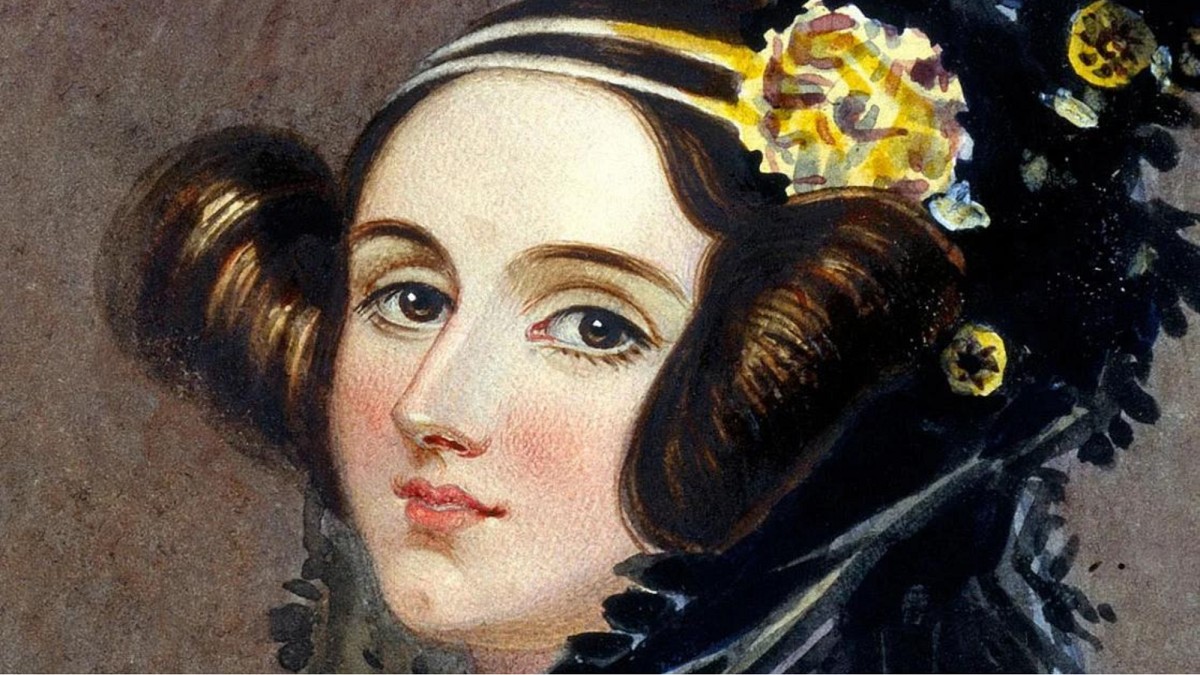
Grace Hopper
1906-1992
Born in New York City, Grace Hopper earned a Ph.D. in mathematics from Yale University in 1934. She then began working for the U.S. Navy, where she helped develop the Mark I computer, one of the first programmable computers in the world. She also worked on the development of the UNIVAC I, the first commercial computer in the United States.
In 1952, Grace invented the first compiler, known as the A-0 System. This breakthrough allowed programmers to write code in a high-level programming language rather than machine language, making programming faster and more accessible. Grace was also instrumental in the development of COBOL, one of the first high-level programming languages. She believed that computers should be accessible to everyone and worked to make programming more user-friendly.
Throughout her career, Grace received numerous awards and honors for her contributions to computer science, including the National Medal of Technology and the Presidential Medal of Freedom. Today, she is remembered as a pioneer in the field of computer programming and helped pave the way for generations of female scientists and engineers to come.
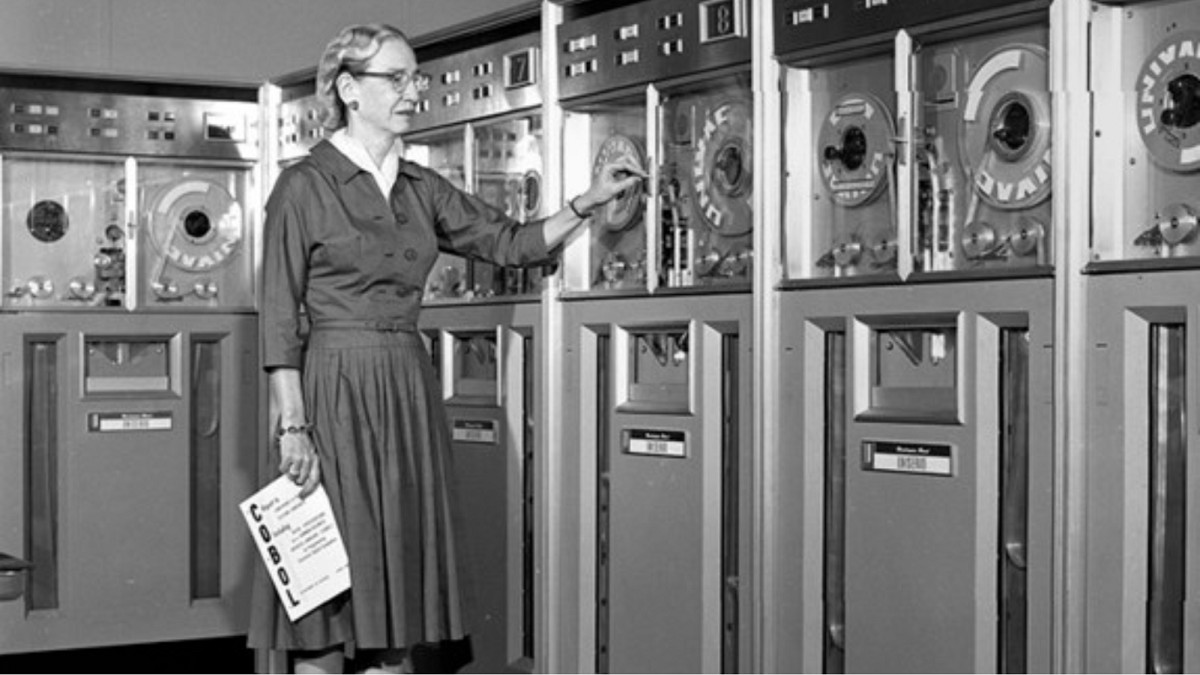
Katherine Johnson
1918-2020
Katherine Johnson was an American mathematician who was instrumental in the United States’ space program, working as a “human computer” for NASA and making crucial calculations for the first human spaceflight. Katherine’s contributions to the space program were particularly significant during the early 1960s. She calculated the trajectory for the first human spaceflight by an American, Alan Shepard, in 1961. She also made critical calculations for John Glenn’s 1962 orbit around the Earth, which was the first by an American astronaut.
Katherine’s work continued to be vital for NASA’s space program throughout the 1960s and 1970s. She contributed to the Apollo program, including the calculations that helped bring the Apollo 13 astronauts safely back to Earth after an oxygen tank explosion.
In 2015, Katherine was awarded the Presidential Medal of Freedom by President Barack Obama for her contributions to the space program. Her story was also featured in the book and movie “Hidden Figures,” which brought greater recognition to the contributions of women and people of color to NASA’s early missions. Katherine’s legacy continues to inspire future generations of mathematicians, scientists, and engineers.
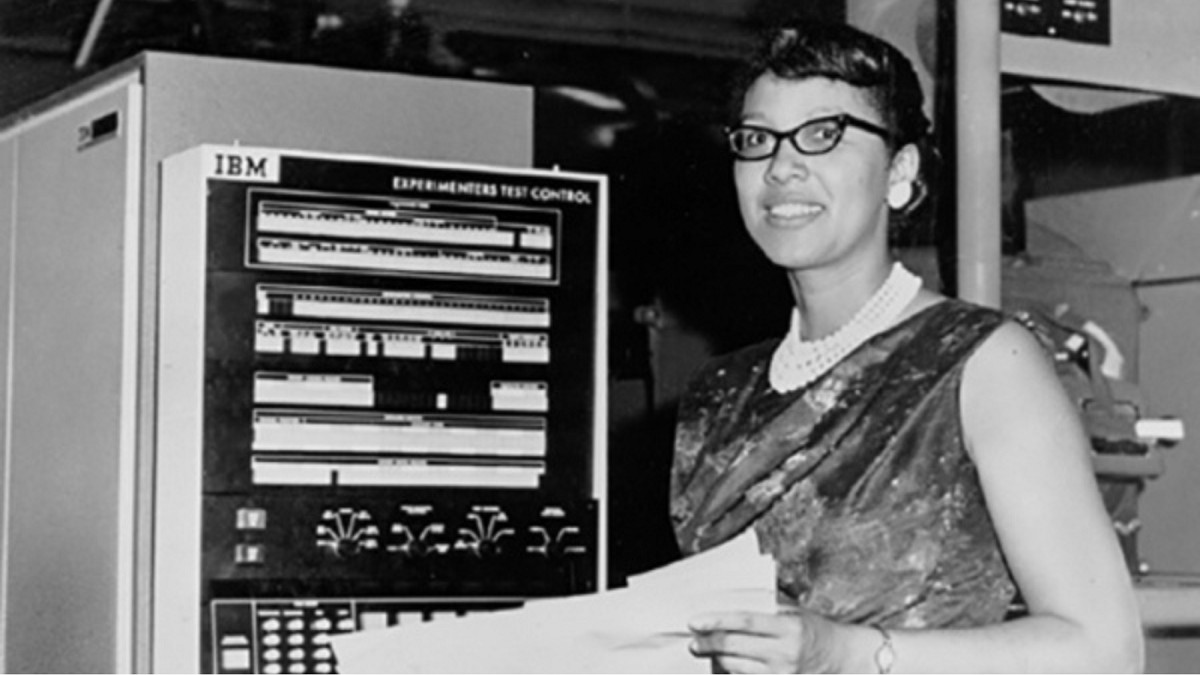
Jean Jennings Bartik
1924-2011
Jean Jennings Bartik was an American computer scientist who was one of the first programmers of the ENIAC computer, one of the world’s first electronic general-purpose computers. During World War II, Jean was one of six programmers who were hired to work on the ENIAC, which was built at the University of Pennsylvania. After the war, Bartik continued to work in the field of computing. She worked on the BINAC and UNIVAC computers and helped develop the first commercial computer, the UNIVAC I.
Bartik was a trailblazer for women in computing and a lifelong advocate for increasing the participation of women in STEM fields. In 2008, she was inducted into the Women in Technology International Hall of Fame, and in 2018, she was posthumously awarded the Computer History Museum’s Fellow Award for her contributions to the development of the computer industry.
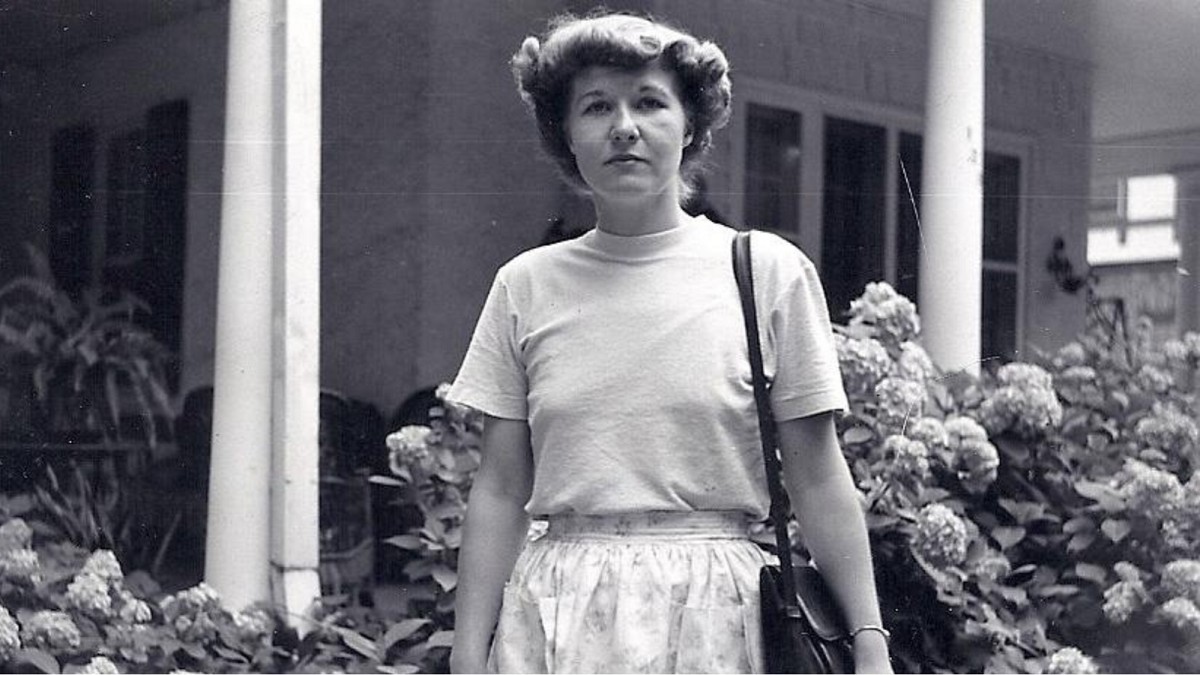
Radia Perlman
1951-
Radia Perlman is an American computer scientist best known for her contributions to the development of the Spanning Tree Protocol (STP), a networking protocol that is used to prevent loops in computer networks. The STP was a breakthrough in computer networking because it enabled networks to continue to function even if a connection failed. Before the development of the STP, networks were susceptible to “broadcast storms,” in which network traffic would become overloaded and the network would essentially shut down. Perlman’s invention prevented this from happening, making computer networks more stable and reliable.
Perlman has received numerous awards and honors for her contributions to computer science, including induction into the National Inventors Hall of Fame and the Association for Computing Machinery’s SIGCOMM Award. She is also a fellow of the Institute of Electrical and Electronics Engineers (IEEE) and the Association for Computing Machinery (ACM).
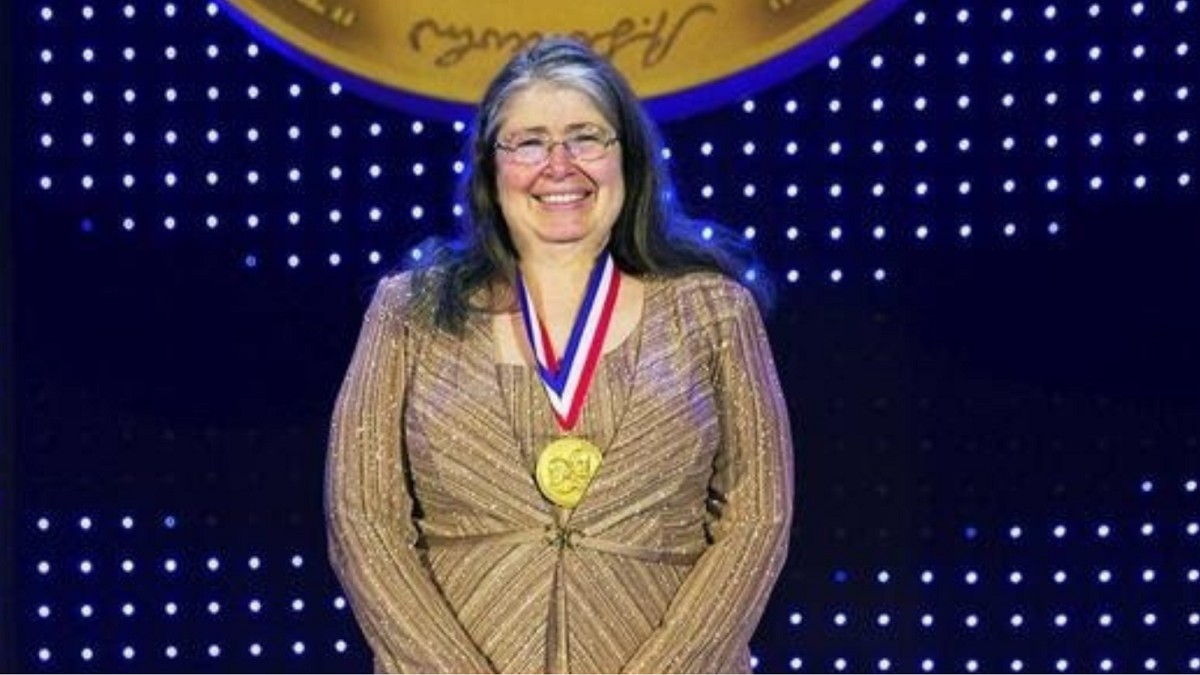
Anita Borg
1949-2003
Anita Borg was a pioneer in the field of computer science and a prominent advocate for women in technology. In 1987, Borg founded Systers, an email community for women in computing, which has grown into a global organization with thousands of members. She also founded the Grace Hopper Celebration of Women in Computing, an annual conference that brings together women in the field to share their research, experiences, and insights.
Borg was a leading advocate for diversity and inclusion in technology. She believed that greater representation of women and underrepresented groups in the field would lead to better and more innovative technologies. Borg received numerous awards and honors during her lifetime, including the Association for Computing Machinery’s Presidential Award, the Electronic Frontier Foundation’s Pioneer Award, and the Women in Science and Engineering Lifetime Achievement Award.
Today, Borg’s legacy lives on through the Anita Borg Institute, which was founded in her honor to continue her work to advance women in technology. The institute runs several programs and initiatives, including the Grace Hopper Celebration and the Women Techmakers program, which provide opportunities for women in technology to connect, learn, and grow in their careers.
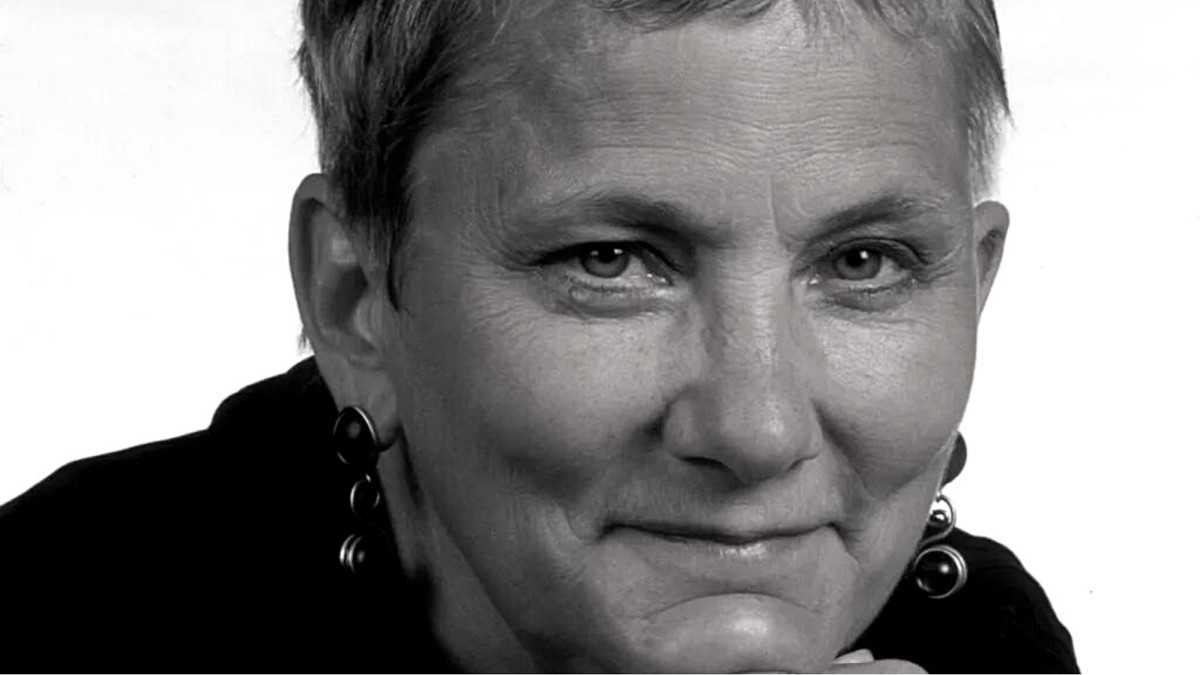
Shafi Goldwasser
1959-
Shafi Goldwasser is an American-Israeli computer scientist who is a pioneer in the field of cryptography, the study of techniques for secure communication. Shafi’s research has focused on a range of topics in computer science, including cryptography, complexity theory, and computational biology. She is best known for her work on interactive proofs, a type of proof system used to demonstrate the correctness of mathematical statements. Her work on interactive proofs has had important applications in cryptography, where it has been used to develop more secure encryption and authentication protocols.
Shafi has received numerous awards and honors for her contributions to computer science, including the Turing Award, the highest honor in the field, which she received in 2012. She is also a fellow of the Association for Computing Machinery (ACM) and the International Association for Cryptologic Research (IACR).
In addition to her research, Shafi is also a strong advocate for diversity and inclusion in computer science. She has worked to create opportunities for women and other underrepresented groups in the field and has mentored many students and young researchers throughout her career.
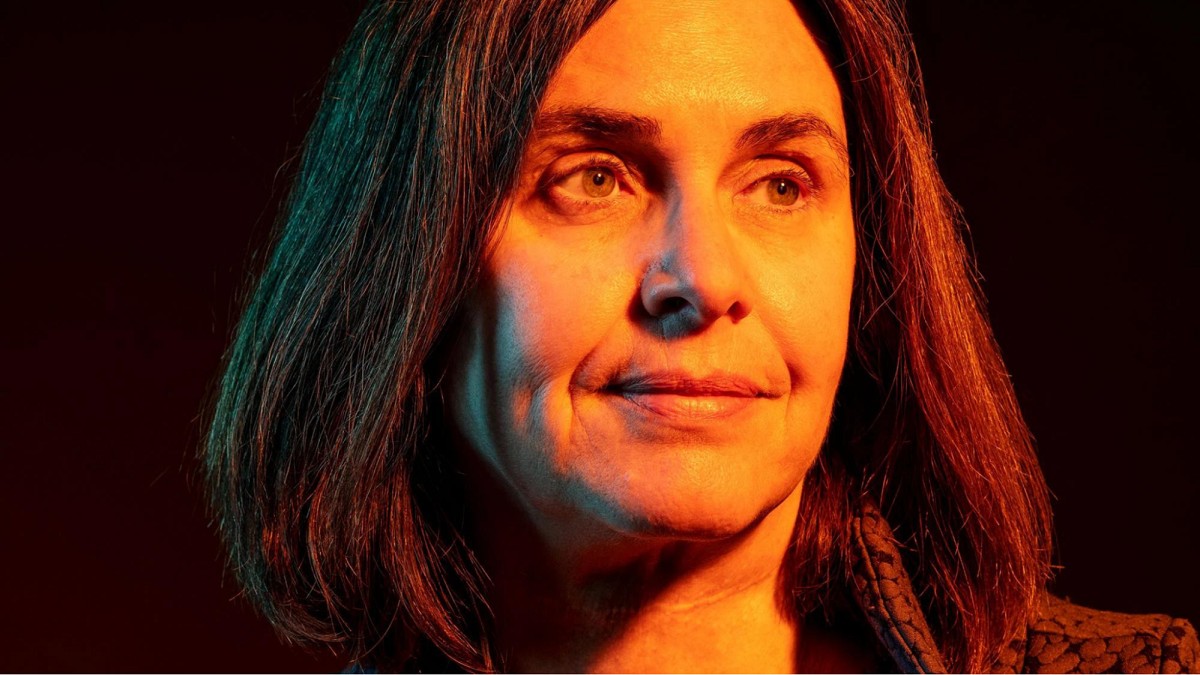
Lynn Conway
1938-
Lynn Conway is a pioneering figure in the field of computer architecture and is known for her contributions to the development of the VLSI (very large-scale integration) chip design methodology, which is used to design complex electronic circuits.
In the early 1980s, Lynn came out as a transgender woman and underwent gender reassignment surgery. She was subsequently fired from her job at IBM and faced significant discrimination and hostility in her career as a result of her gender identity. Despite these challenges, Lynn continued to make important contributions to the field of computer science. In the 1990s, she became a professor of electrical engineering and computer science at the University of Michigan, where she founded a research center focused on advanced computer technology.
Lynn is recognized as a trailblazer in computer science and a leader in the field of computer architecture. She has received numerous awards and honors for her contributions to the field, including the Computer Pioneer Award from the IEEE Computer Society and the Seymour Cray Computer Engineering Award from the IEEE.
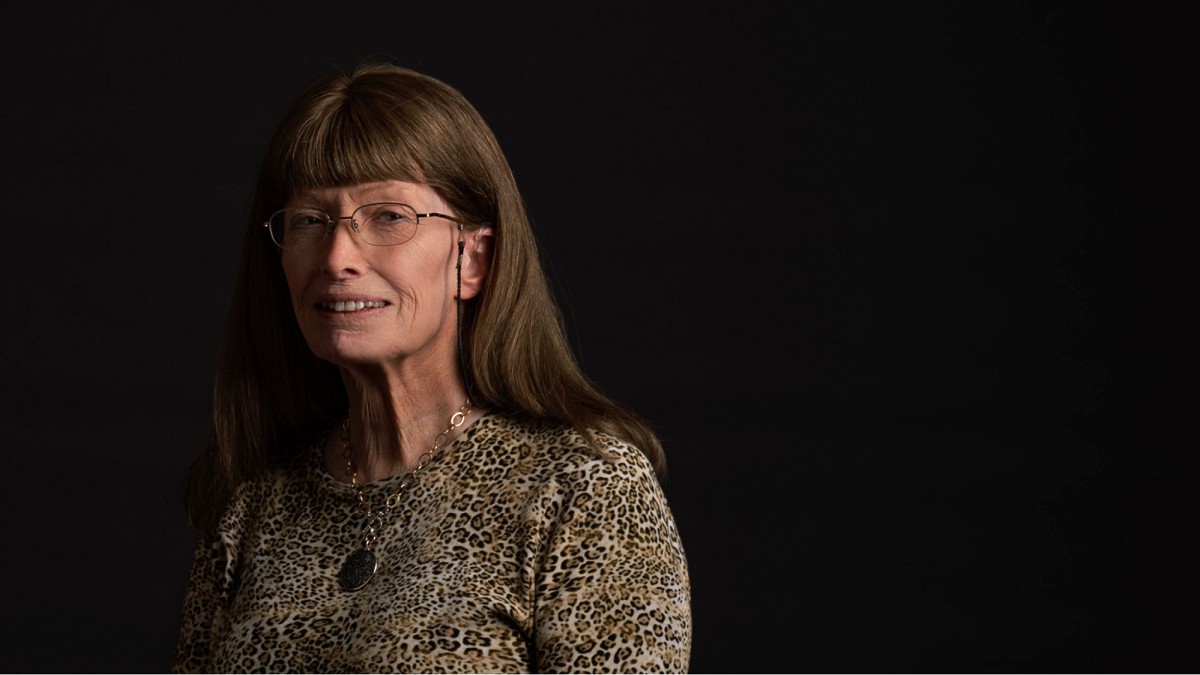
Get the latest Salesforce news
Subscribe to get the latest Salesforce blogs, guides, industry reports, events, and all things Salesforce related!
FREE Salesforce Assessment!
To demonstrate confidence in our ability as Salesforce Partners, we’re offering you the a FREE Salesforce Organizational Assessment.
Schedule Today!
Salesforce
PLATINUM
PARTNER
Salesforce
APPEXCHANGE
G2
USER REVIEWS
